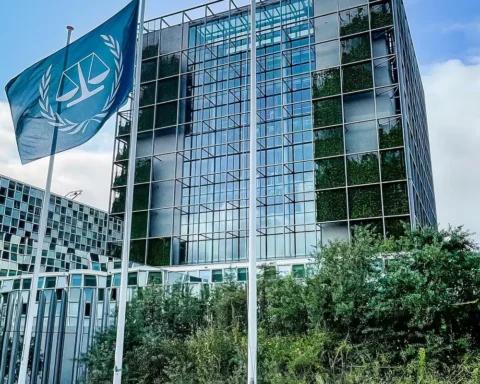The High Court in Dar es Salaam has granted permission to lawyers representing former ambassador Humphrey Polepole to submit an additional affidavit in a high-profile case concerning his alleged abduction.
The case, filed under an urgent habeas corpus application, seeks a court order compelling authorities to produce Mr. Polepole before the court. It lists several senior officials as respondents, including the Inspector General of Police, the Director of Public Prosecutions, the Attorney General, the Special Zone Commander for Dar es Salaam, and the Regional Police Commander.
Presiding Judge Salma Maghimbi approved the request from Mr. Polepole’s legal team, led by advocate Peter Kibatala, who argued that new information had emerged since the first testimony, making it necessary to present further evidence. The judge ordered that the additional affidavit be submitted by today, while the respondents must file their counter affidavits by October 14. A full hearing has been scheduled for October 15 at 9:30 a.m.
Mr. Kibatala also requested that the matter proceed ex parte after some respondents failed to appear in court despite being summoned. The court ruled that any respondent who fails to attend future sessions will require permission before filing new documents.
The case has attracted public interest due to Mr. Polepole’s prominence in Tanzanian politics. A seasoned diplomat and former ruling party official, he previously served as District Commissioner for Ubungo and later as Tanzania’s ambassador to Cuba and Malawi. He voluntarily resigned from diplomatic service earlier this year, citing personal and professional reasons.
Also Read; Historic Ceasefire Agreement Reached in Gaza
Meanwhile, Tanzanian authorities have confirmed they are investigating the circumstances surrounding Mr. Polepole’s alleged disappearance. Reports suggest he was taken by unidentified individuals from his residence in Dar es Salaam, though police have not provided official details.
The development comes amid growing debate over the protection of individual rights and the rule of law in Tanzania. Legal experts have noted that the habeas corpus process — a fundamental safeguard in constitutional law — ensures that anyone detained must be brought before a court to justify their detention.
Mr. Polepole’s legal team maintains that his rights must be fully upheld, calling for transparency and accountability in the handling of his case. As the October 15 hearing approaches, many observers are closely watching how the judiciary navigates this sensitive matter, which touches on issues of governance, justice, and public trust.
The case also underscores the importance of Tanzania’s judicial system in protecting civil liberties and ensuring that state institutions act within the bounds of the law.







